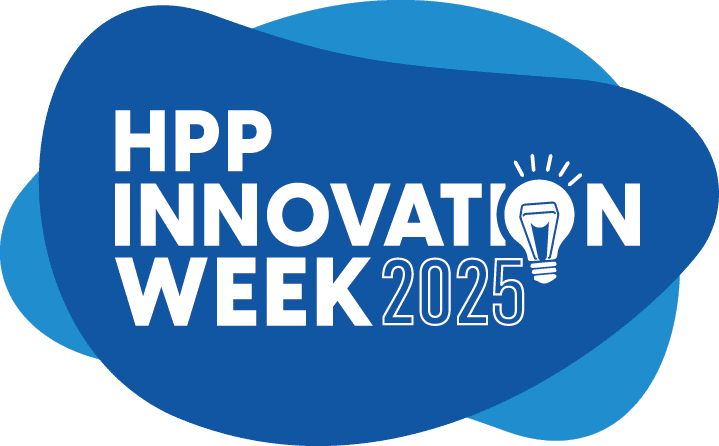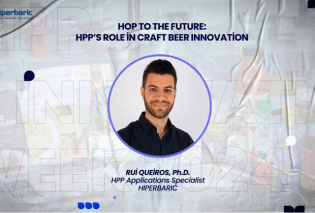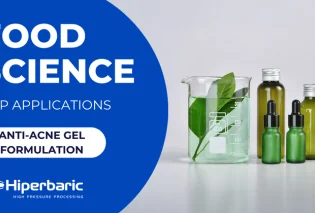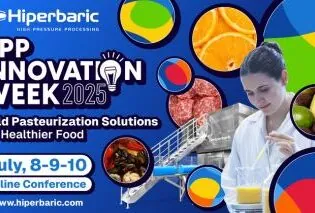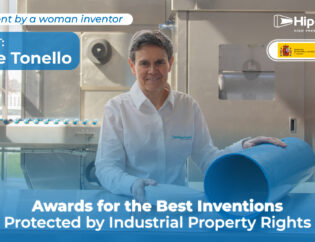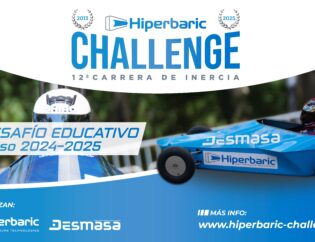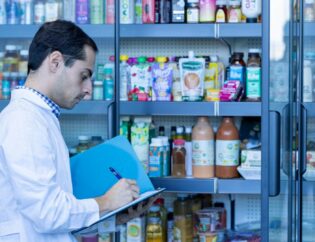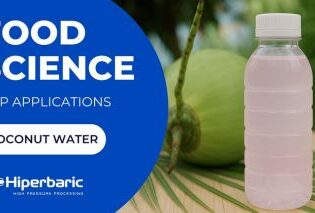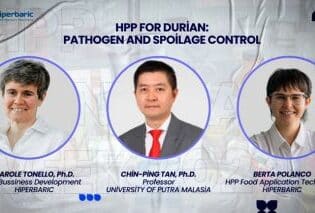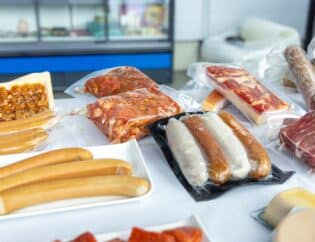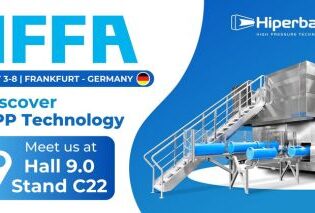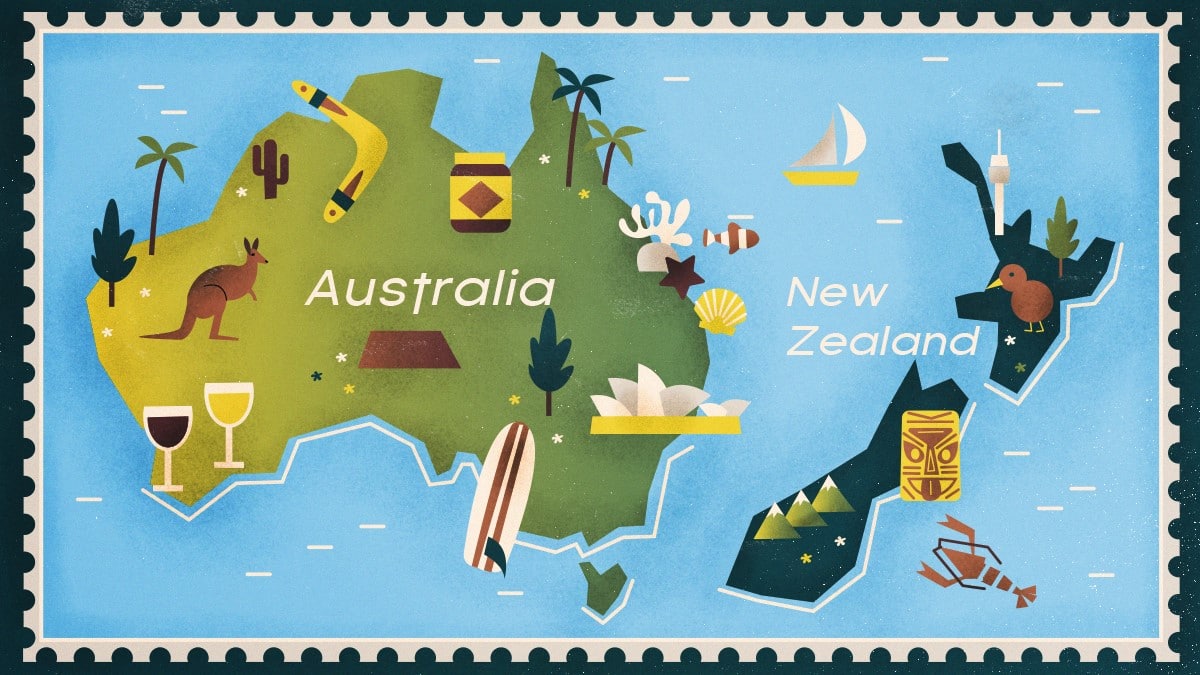
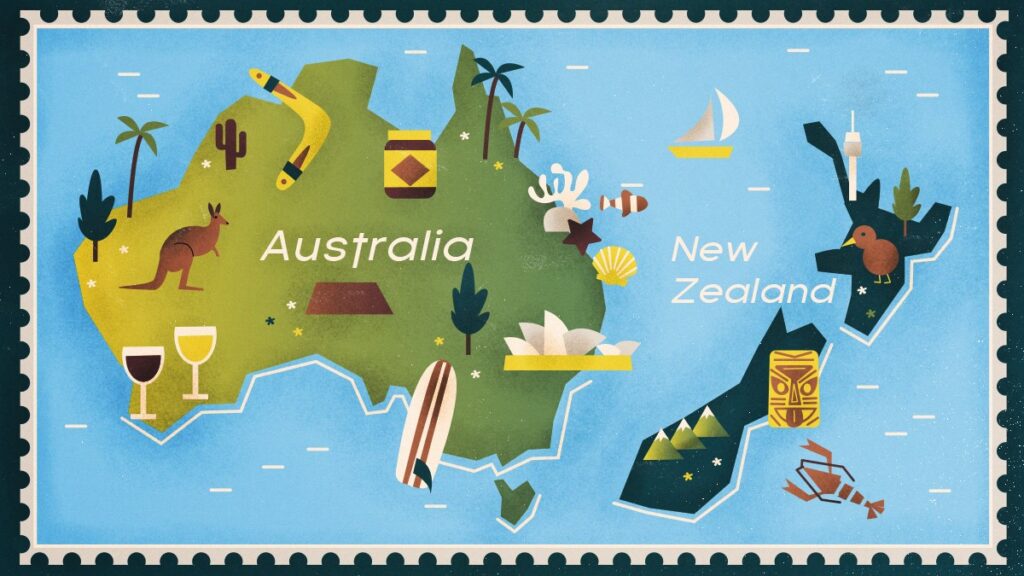
Oceania is a market that, even being in the antipodes of Hiperbaric headquarters in Spain, has always innovated and opted for high-pressure processing (HPP) to ensure the organoleptic and microbiological quality of its food and beverages. In fact, HPP technology in juices started on this continent. Many companies have developed their products by applying high pressure, which has allowed them to expand to other markets.
Oceania and HPP, a story that arose from juices
Although it seems that Oceania is far from the rest of the continents, in consumption habits it experiences the same trends as the rest of the markets: preference for healthier, less processed products that provide all the nutritional value that is supposed to them. Therefore, Oceania and HPP are inseparable.
In fact, it was in Australia that one of the most popular applications in the world was born. The use of HPP technology in juices to preserve the nutritionally interesting components, without the need to add preservatives, flavourings, antioxidants or chemical additives of any kind. And it is that Preshafruit.
But it is not the only example of a partnership between Oceania and HPP. In New Zealand, there are also great examples of HPP success stories on supermarket shelves. Homegrown Juice is the clear example that this technology is used in almost every corner of the world and helps every company using it to expand to other markets
Other HPP applications in Australia and New Zeland
High-pressure processing has always been closely linked to the meat products industry, which for many years was the first sector to use HPP technology in the world. Of course, Oceania was not going to be less … And being Australia the second consumer of meat in the world, behind the US, the industry has to guarantee its microbiological quality to the final consumer. For example, our customers Moira Macs or Tender Choice successfully use Hiperbaric technology to eliminate potential recontamination risks in sliced or cut deli products.
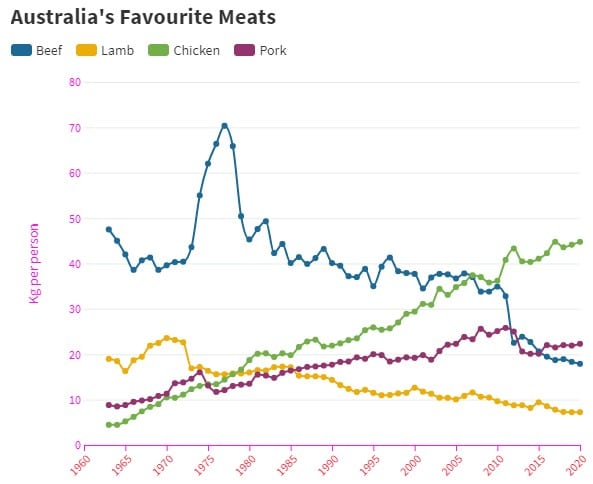
Another example of the use of HPP in meat products in Oceania, although this time not for human consumption, is another global trend followed in these latitudes, BARF diet for our pets. This diet based on feeding our faithful companions with raw meat, represents a risk, both for them and us. For this reason, companies more aware of quality and food safety, such as the New Zealander company Kiwi Kitchens, use high hydrostatic pressure to reduce possible pathogens and bacteria associated with raw meat, such as Salmonella, Listeria, E. coli, and Campylobacter.
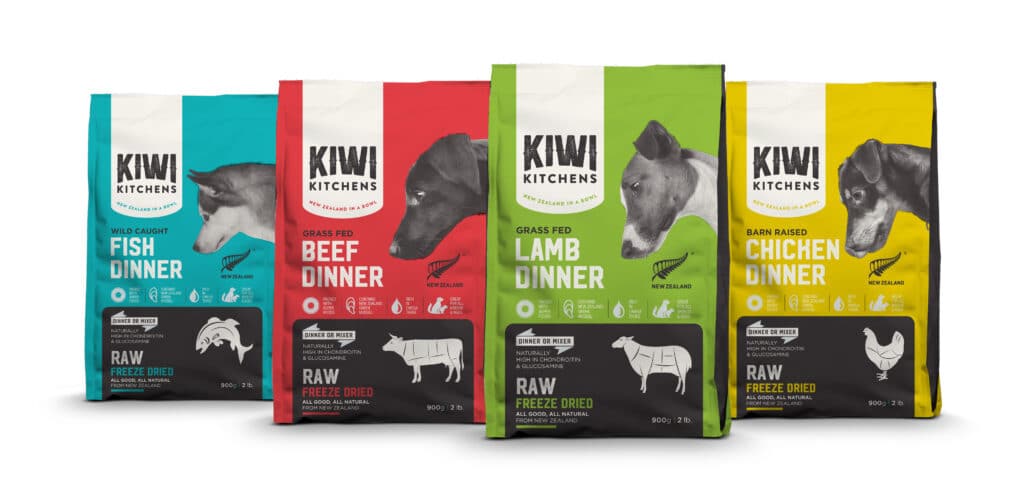
We can also find examples of companies in Australia (Simpson Farms) and New Zealand (Fressure Foods) that use technology to increase the shelf life of their avocado products and are the reason that the X edition of the Word Avocado Congress (WAC) will be held in 2023 in Oceania, specifically in New Zealand. We must remember that avocado is produced and consumed in this region of the world, as in all other continents, isn’t it? Let us remember that HPP technology makes it possible to mitigate polyphenol oxidase (PPO), the enzyme responsible for browning the avocado, and achieve a shelf life of close to 60 days.
Currently, in the region, Hiperbaric has 17 machines installed, which represents 65% of the HPP machines installed on the continent. Of these 17, eight of them are for processing juices and beverages, three for meat products and two for avocado products. The Sydney tolling-centre, with Hiperbaric machines, connects small businesses, startups and entrepreneurs from Oceania to HPP. So they can bring all the advantages of this technology to their products, without excessive costs.
If you want to know more about HPP technology in Oceania and how to improve the safety and quality of your products, do not hesitate to contact Hiperbaric, the world leader in for high hydrostatic pressure machines for the food industry.

